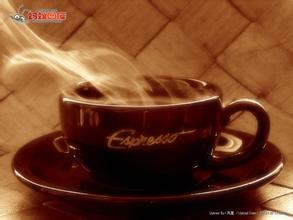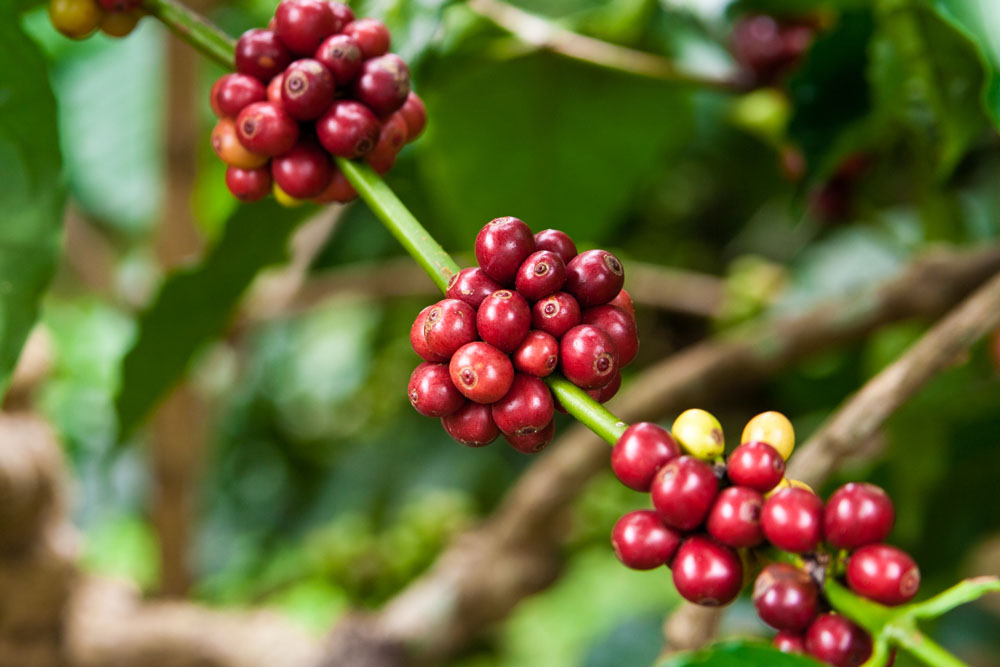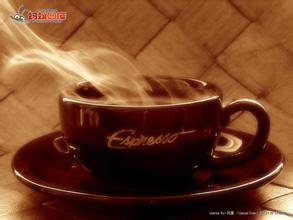Jamaica Blue Mountain Coffee Estate
The coffee industry in Jamaica faces a series of problems, such as the impact of hurricanes, the increase in labor costs and the difficulty of mechanizing terraces. It is difficult to rationalize planting on many small estates and farms. However, Blue Mountain Coffee is one of those coffee retailers that value credibility to stock some coffee no matter what. A leading British retailer said: regardless of the price, he will continue to sell Blue Mountain coffee all year round because he has many customers who only recognize "Blue Mountain". Now, 90% of the post-harvest Blue Mountain coffee is bought by the Japanese. In 1992, Jamaica sold 688 tons of Blue Mountain coffee to Japan, 75 tons to the United States and 59 tons to Britain. Now that the rest of the world can only get 10% of the output of Blue Mountain coffee, regardless of the price, blue mountain coffee is always in short supply. In the UK, LangfordBrothers Brothers has been the only supplier for many years. Later, the Edmunds Group (Edmonds Group) also acquired Jamaica's Salda Food Company (Salda).
Foods) to provide the source of goods.
The difference in transportation between Blue Mountain Coffee and other coffee is that it is transported in barrels with a capacity of 70 kilograms, a replica of Bonifieur barrels produced in Guadeloupe in the last century. The barrel was originally used to carry flour shipped from the United Kingdom to Jamaica, usually with a trademark and the name of the manufacturer. The Coffee Industry Council issues certificates for all authentic Jamaican coffee and bears a stamp of approval before export. By 1969, the situation had improved because the use of Japanese loans had improved the quality of production, thus ensuring the market. Even in 1969, Japanese coffee drinkers were willing to pay insurance for the coffee, but now it has reached the point of fanaticism. By 1981, about 1500 hectares of land in Jamaica had been reclaimed for coffee cultivation, followed by investment in another 6000 hectares of coffee land. In fact, today's Blue Mountain area is a small area with a planting area of only 6000 hectares, and not all coffee marked "Blue Mountain" can be grown there. Another 12000 hectares of land is used to grow two other types of coffee (non-Blue Mountain Coffee): Alpine Top Coffee (HighMountainSupreme) and Jamaican Coffee (Prime WashedJamaican).

Important Notice :
前街咖啡 FrontStreet Coffee has moved to new addredd:
FrontStreet Coffee Address: 315,Donghua East Road,GuangZhou
Tel:020 38364473
- Prev

Nicaragua and Lemon Manor Matagalpa produce delicate and rich flavor
Nicaragua, located in the middle of Central America, is the largest country in China and the United States, bordering Honduras in the north, Costa Rica in the south, the Caribbean Sea in the east and the Pacific Ocean in the west. The eastern part is the coastal plain, the high temperature and rainy climate belongs to the tropical maritime climate, and the western part is the coastal lowland with more active volcanoes. The north-central part is a highland, with an average annual temperature of 18 ℃ and an annual precipitation of 1500-2500mm.
- Next

Flavor and taste of Blue Mountain Coffee Manor in Jamaica
But not all coffee produced in Jamaica can be called Blue Mountain Coffee! Although the island is dotted with coffee farms, it is grown only in the four administrative areas of St. Andrew, Portland, St. Thomas and St. Mary, certified by the Jamaica Coffee Industry Council (Coffee Industry Board of Jamaica,CIB), above 2000 feet above sea level in the Blue Mountains.
Related
- Does Rose Summer choose Blue, Green or Red? Detailed explanation of Rose Summer Coffee plots and Classification in Panamanian Jade Manor
- What is the difference between the origin, producing area, processing plant, cooperative and manor of coffee beans?
- How fine does the espresso powder fit? how to grind the espresso?
- Sca coffee roasting degree color card coffee roasting degree 8 roasting color values what do you mean?
- The practice of lattes: how to make lattes at home
- Introduction to Indonesian Fine Coffee beans-- Java Coffee producing area of Indonesian Arabica Coffee
- How much will the flavor of light and medium roasted rose summer be expressed? What baking level is rose summer suitable for?
- Introduction to the characteristics of washing, sun-drying or wet-planing coffee commonly used in Mantenin, Indonesia
- Price characteristics of Arabica Coffee Bean Starbucks introduction to Manning Coffee Bean Taste producing area Variety Manor
- What is the authentic Yega flavor? What are the flavor characteristics of the really excellent Yejasuffi coffee beans?

